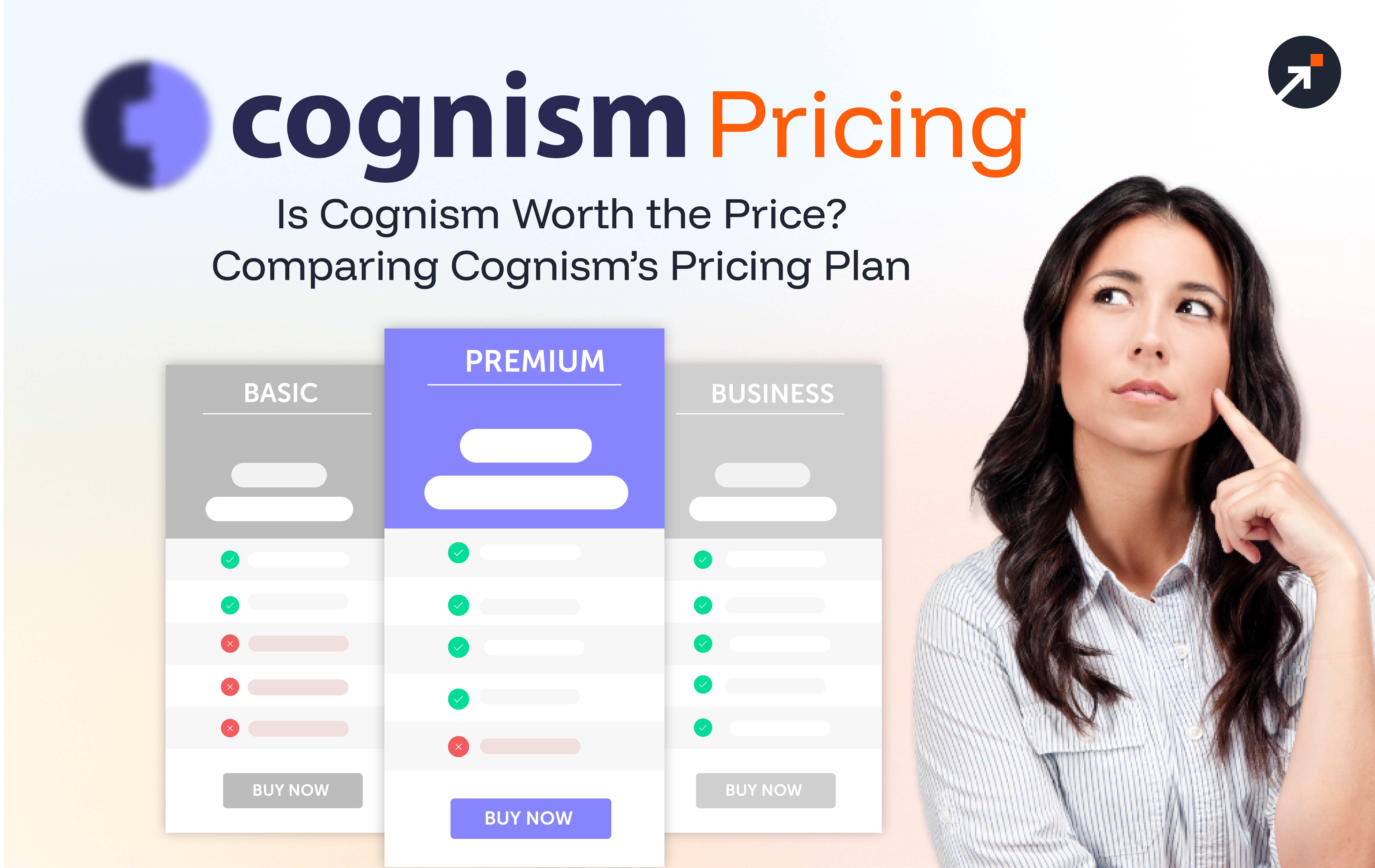Business intelligence software solutions are becoming prevalent in today’s business scene. As business data becomes more and more valuable, the need to process information quickly and accurately for insights and opportunities increases as well.
Large corporations are the obvious frontrunners when it comes to the implementation and utilization of business intelligence systems as they process more complex data than other user types. They also have a better financial capability in terms of investing in BI software.
That said, many of today’s organizations are not utilizing business intelligence tools and techniques to its full potential. Lack of analytics talent, traditional work culture, and ROI justification are some of the challenges that hamper the adoption of BI in the modern business setting. However, that shouldn’t stop you from adopting and using BI to boost your business. The benefits of business intelligence, after all, is not limited to huge corporations. In fact, even small businesses can gain from it.

1. Discover Highly Actionable Insights Hidden In Your Data
One of the most obvious reasons why business intelligence is important is that you can gain so much from it when you dig deeper and look closely and beyond the facts and figures. But manually analyzing mountains of data takes so much time and requires expertise in data science. Hiring data scientists to analyze data may speed up the process but is quite expensive. It’s like spending a fortune to find that one needle in the haystack.
Then again, many businesses all over the world place a premium on data discovery and insights. In a 2019 BI trends survey, 2,679 professionals from various industries were asked to rank BI trends based on importance (from “not important at all” (0) to “very important (10)). Data discovery ranked second (6.8), trailing master data/data quality management (7). Self-service BI and data governance are tied at third (6.5).
A business intelligence software does all that without taking a huge chunk of your business budget. Powerful business intelligence systems are designed to slice, dice, and analyze your data in minutes and automatically generate custom data reports that reveal insights and opportunities that you can act on and capitalize.
2. Visualize Your Data
In a business intelligence trends report by Forbes, small businesses have recorded the highest rate of adoption of BI and data analytics. The same article cited advanced data visualization is one of the key components that drove the penetration and adoption of business intelligence in 2018.
Data is nothing if you can’t understand it. Modern business intelligence solutions offer excellent data visualization capabilities that allow you to create graphic displays that are intuitive and customized so you can easily understand and interpret the data and utilize them for any purpose you have in mind.
Aside from obtaining insights and unearthing opportunities, visualizing data helps you convey information to your team, clients, and stakeholders in the most effective way as it makes information easier to digest. Data presented as infographics, colorful pie charts, and lively animations are far more engaging than the boring monotony called spreadsheets.
3. Identify Trends and Patterns
A business intelligence system helps you gather and evaluate data to determine trends and patterns. These can include changes in customers’ shopping actions and behavior, the rise and decline of sales during specific periods, and comparison of profits this year versus last year, among others.
Business intelligence software provides you a complete snapshot of your business and more. You know what is selling and why. You become aware of your customers’ motivations and triggers that empower them to do your desired actions. You can project the financial status of your enterprise and make sure you act to ensure that your business grows in the long run.
If you want to explore data analytics tools, you can compare Finances Online compilations of leading products in the industry. Different solutions are available for different types of users, sizes of organizations, and needs of businesses.

4. Set Effective Benchmarks
Benchmarking is crucial to the success of any business. It helps you set a standard for gauging the performance of your entire business or specific aspects of your operations. Setting benchmarks is an effective way to compare your business with your competitors.
It is a perfect tool to identify where you excel or lag behind, as well as the measures your competition is implementing and how they are faring. In fact, 57% of 252 business leaders surveyed by Oracle admitted in the 2018 Enterprise Analytics Report that they are anxious as to what their competitors are doing to leverage their advanced data analytics.
Creating and setting benchmarks can be taxing as it involves the analysis and expert interpretations of data, lots of data. But a business intelligence solution makes the whole process quick, easy, and reliable. Once you have your benchmarks in place, evaluating your business performance is a breeze. You get accurate benchmark reports that provide valuable insights that you can use to further improve your business performance and get ahead of your competition.
5. Improve Business Sales
Business intelligence platforms enable you to discover opportunities for more sales. The software is designed to help you see beyond the information and quickly recognize fleeting opportunities before they slip your grasp. For instance, the BI software enables you to recognize sales and marketing activities that yield low results. This, in turn, helps you to either make changes to your current sales and marketing efforts or completely abandon them so you can focus on strategies that produce better results.
Another way how business intelligence can boost your sales is that you are able to give existing customers and potential clients with data-based product pitches. Any sales pitch sounds very convincing and compelling when you can back your claims with the information they can easily verify.
6. Streamline Business Operations
Your business should be fast and responsive both at the front and back-end. With business analytics tools, you are able to accurately pinpoint issues that create bottlenecks in your processes and workflows. Not only that, you gain insights on how to correctly address issues in your performance.
Anything that impedes your processes and doesn’t add value to your business is waste. These include administrative tasks and customer-facing procedures that can be trimmed down with business intelligence examples. Another example is to help businesses in hiring the best talent and avoiding bad ones. Mundane and repetitive yet essential actions are effectively automated so that your system won’t be saddled with more work.
Build and Run A Smart Business
“Work smarter, not harder,” or so the saying goes. As the popularity of business intelligence systems rises, more and more businesses are definitely doing just that.
Running a business is hard work in itself. Even in this very modern age where business software solutions are now commonplace, there are still no shortcuts to success. You need to put in the time and do the grind.
That being said, operating your business fully aware of its performance, its strengths and flaws, and its direction is a whole lot better as opposed to winging it and hoping for the best. Being able to make crucial business decisions on the fly can be that thin line that separates success and failure.
In this modern business landscape where knowing everything is essential, navigating without a map is not only tricky. It’s fatal. It’s like flying blind without a compass to guide your way.
Business intelligence software solutions give you the whole picture and more so you can negotiate the difficult terrain of business and traverse it effectively and efficiently. You don’t have to contend with blind spots of your business as there would be none. Hence, it’s important to choose the right partner amongst business intelligence software vendors.





